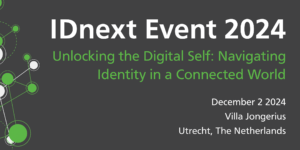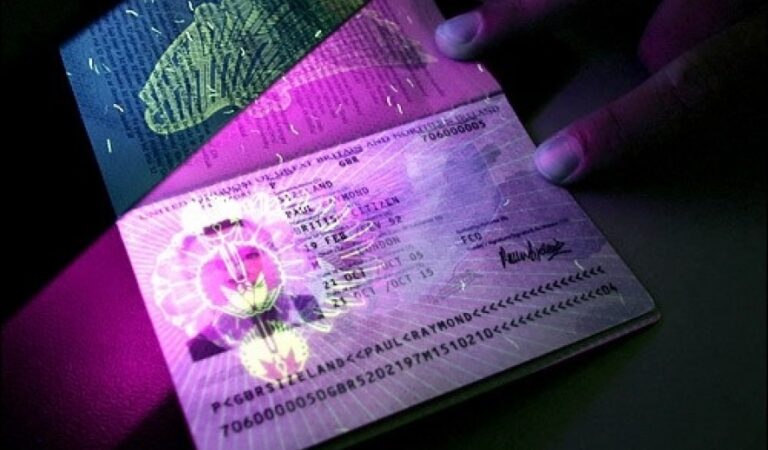Governments around the world continue with efforts to establish or upgrade digital ID ecosystems in order to enhance the way citizens gain access to public services online. Recent moves in this light are seen in developments in countries including Australia, Ireland, Luxembourg, and Morocco.
Ireland on course to beat EU digital ID target with MyGovID
Chief Information Officer of the Irish government Barry Lowry says about 90 percent of citizens could be using the digital ID app MyGovID by the year 2030, beating the 80 percent digital ID coverage target set by the European Union, writes Business Post (subscription needed).
Moroccans can now access online services with digital ID cards
Moroccan authorities say it is now possible for holders of the national electronic identity card (CNIE) to have access to government services and even personal documents online.
As reported by Morocco World News, this is thanks to the recent launch of a multi-factor authentication platform for the identification and authentication of online service users. It was launched by the Digital Development Agency (DDA) in collaboration with the General Directorate of National Security (DGSN).
Luxembourg unveils new digital ID app
Since February, citizens in Luxembourg have a new app dubbed GouvID with which they can identify themselves digitally when responding to administrative requests or when seeking certain public services online.
Australia’s NSW state reiterates importance of digital ID
Service New South Wales, the state government’s agency managing access to services online, has restated the important of trusted digital ID as a priority, writes Innovation Aus.
The State Minister in charge of Digital Government Victor Dominello is quoted as saying during the recent future.nsw conference that digital ID “is the number one priority of our office because it is literally that golden digital thread and if we get the protections in place around it, then it will absolutely significantly reduce risks around cyber.”
However, Australia’s digital ID efforts are still lagging behind.
Click here to read the full article.







